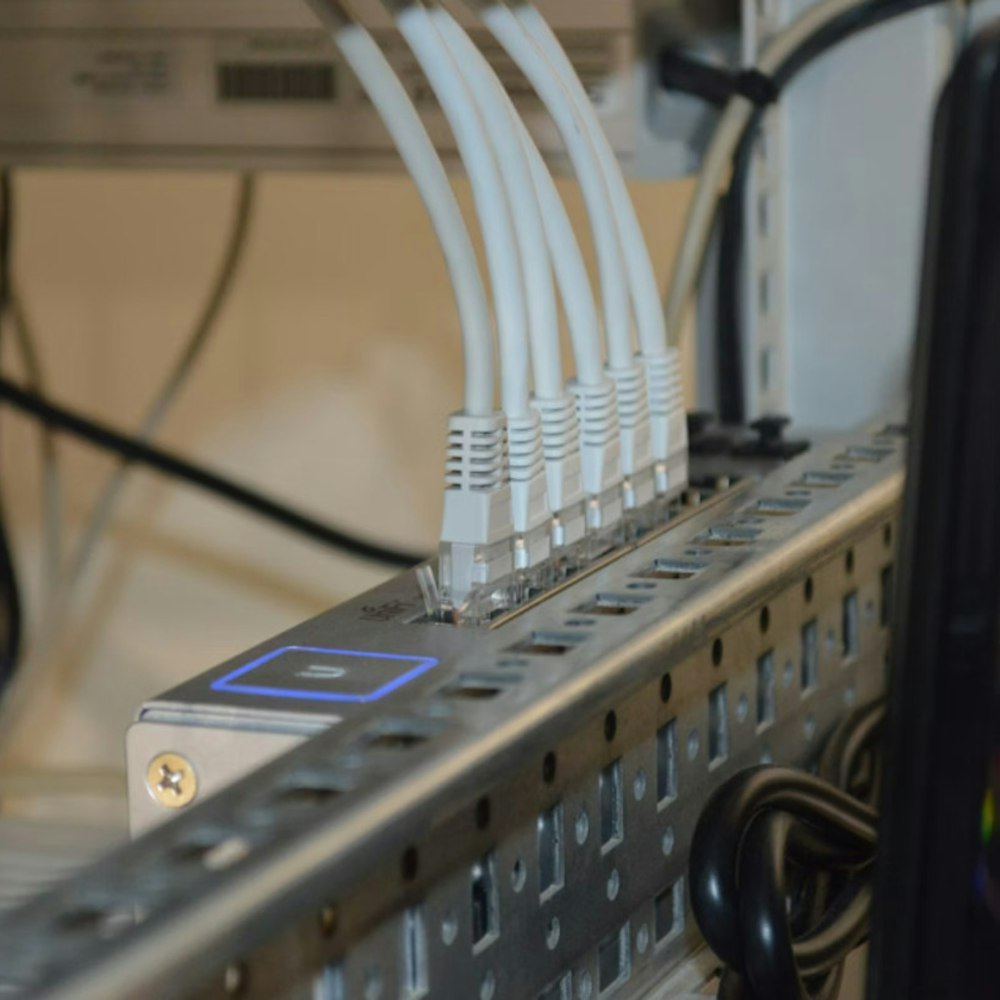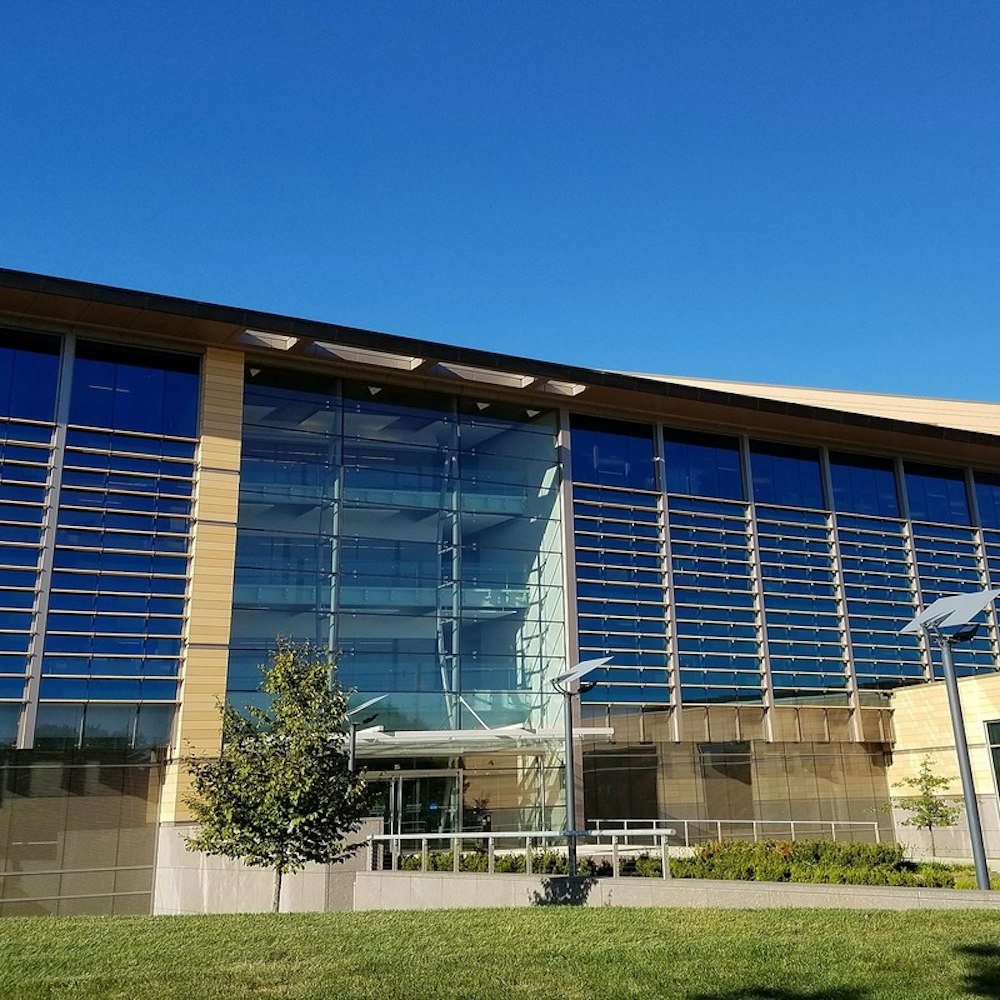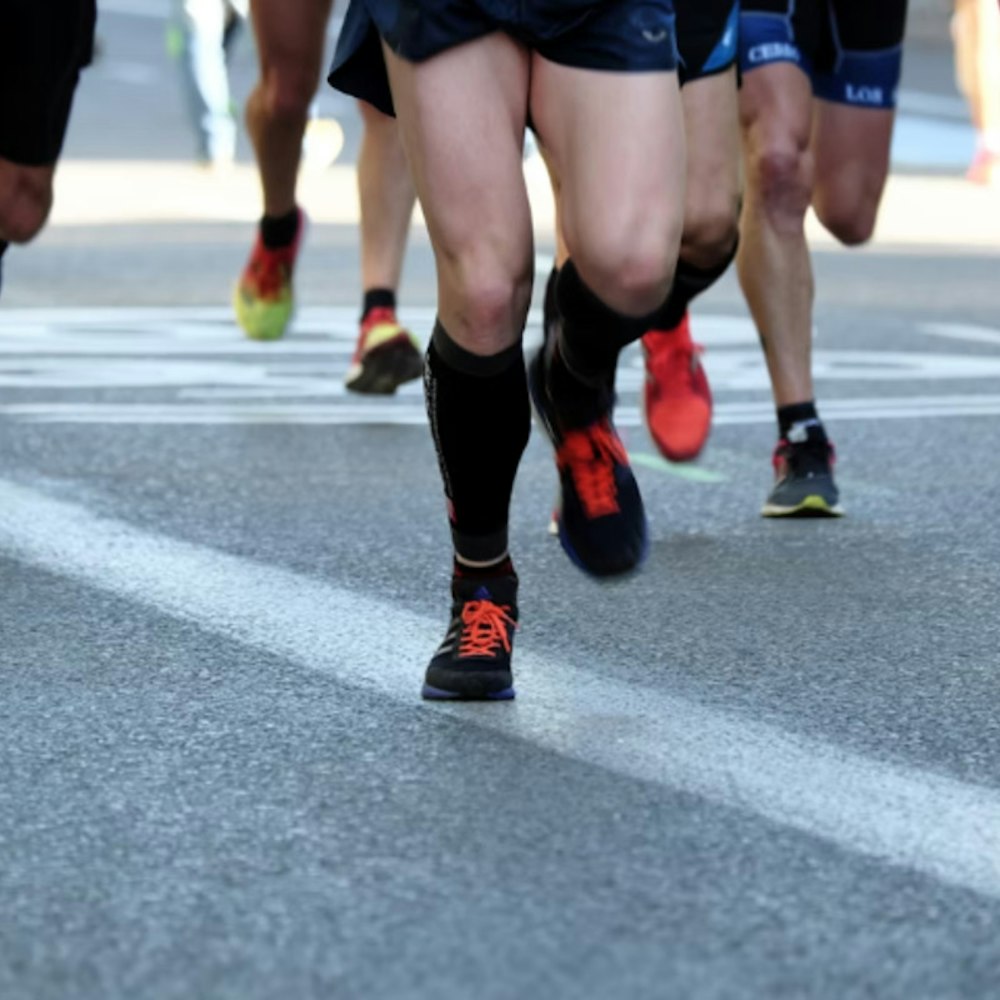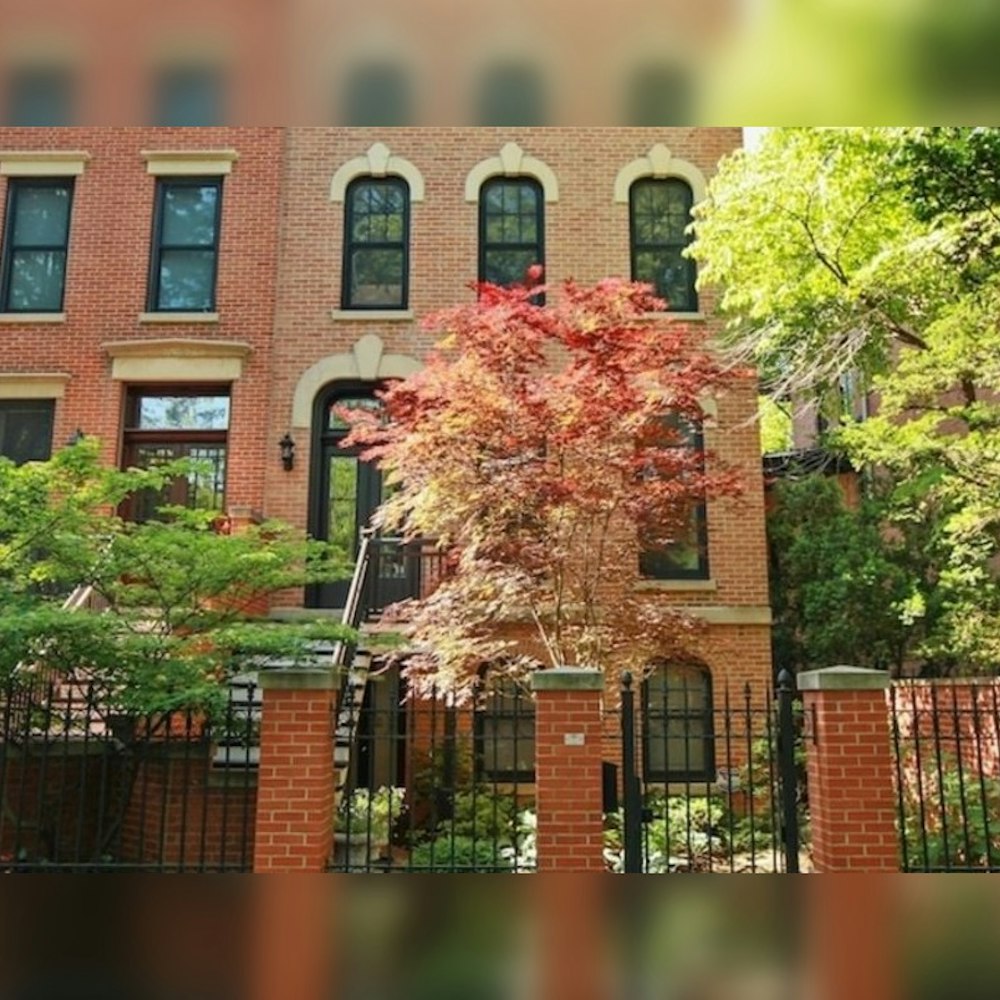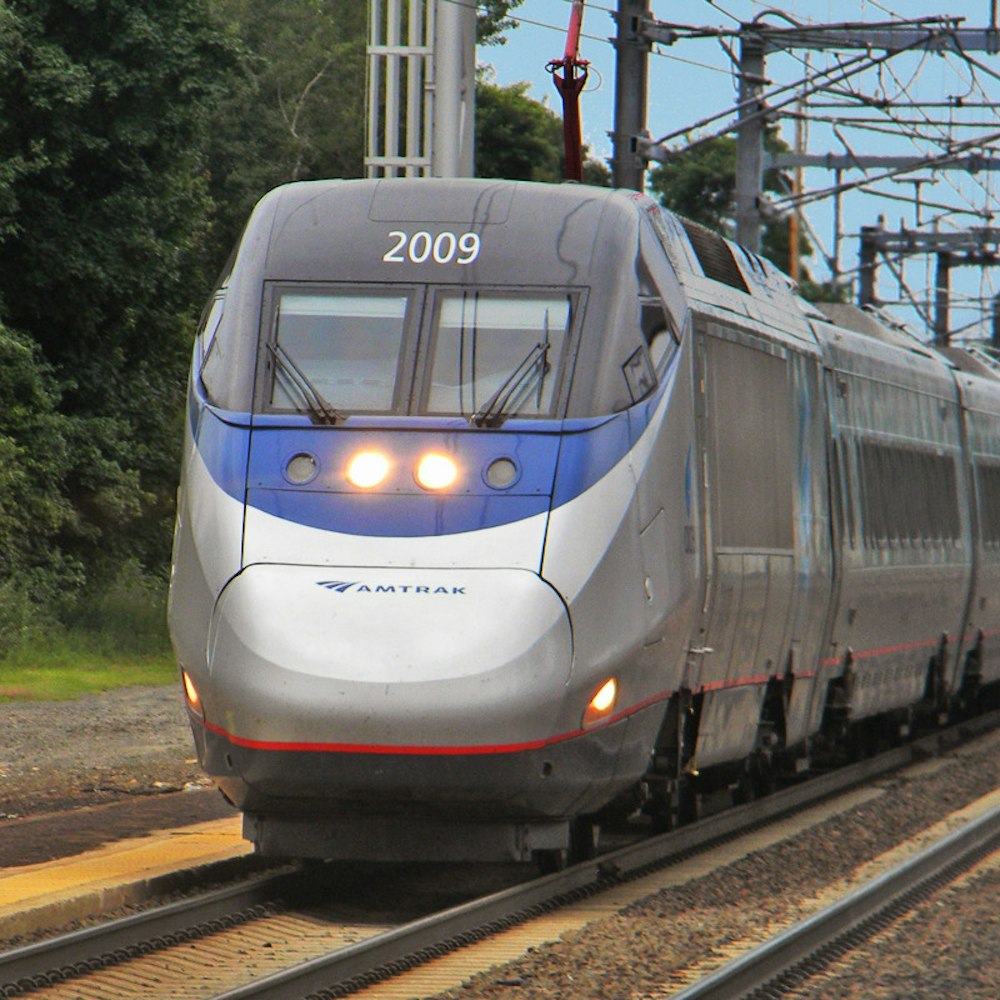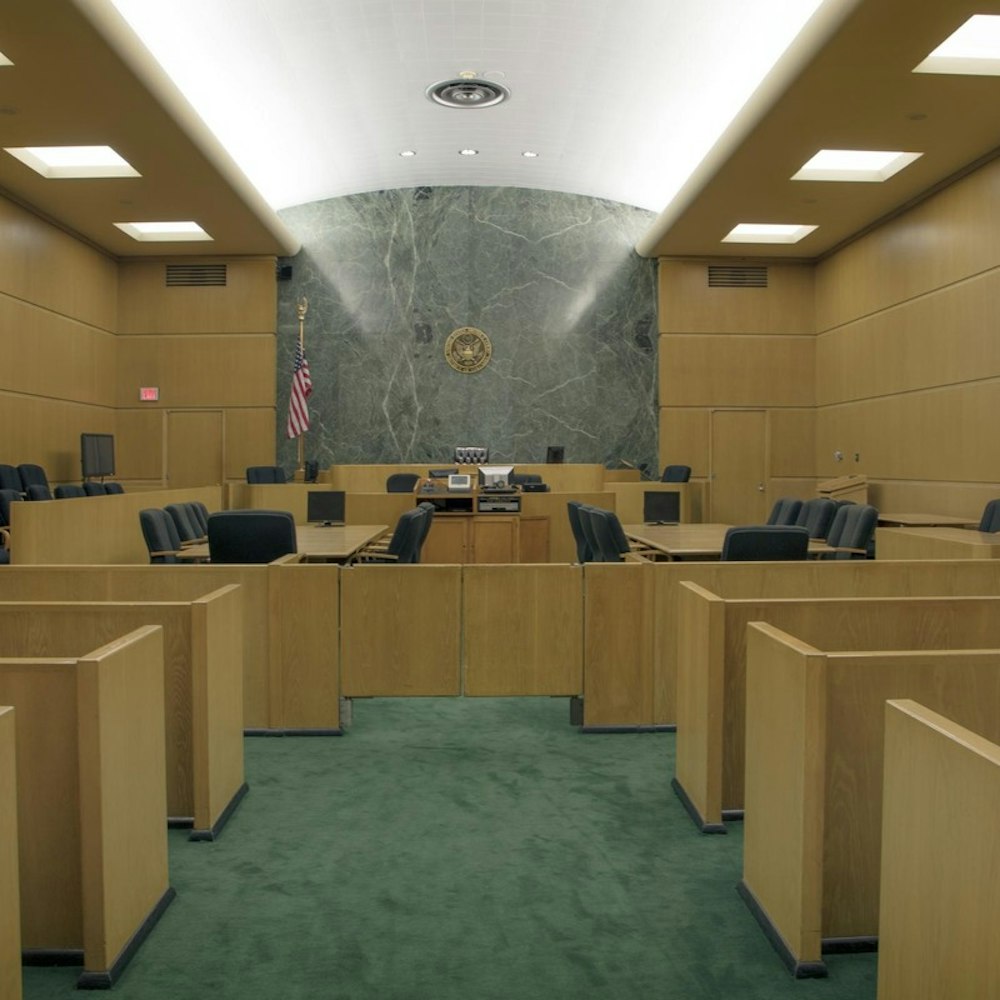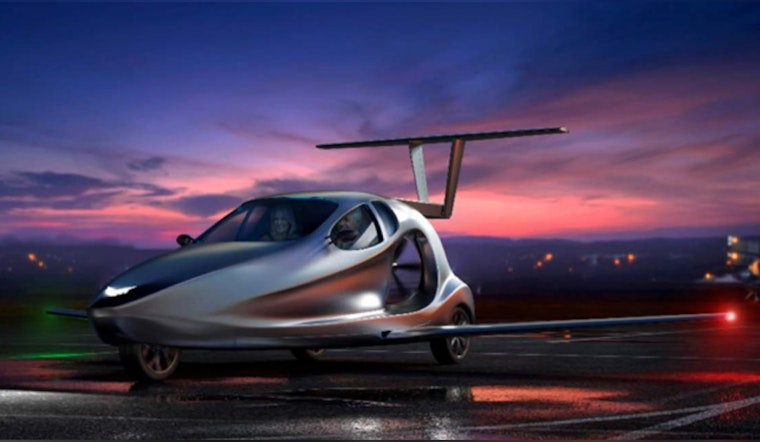
Arizona is gunning to be ground zero for the flying car industry, pushing forward with regulations that could put roadable aircraft in the sky and on the streets. State Sen. David Farnsworth is at the helm of a legislative proposal that would simplify the process for these flying machines to get registered, according to a report by Phoenix Business Journal. Likening the new vehicles to motorcycles due to their three-wheeled design, the law would allow them to be driven on roads and jet across the skies at speeds up to 160 mph at altitudes as high as 12,000 feet.
However, not all Arizona lawmakers are on board with this high-flying fantasy just yet. Some, like Sen. Rosanna Gabaldon, question the rush to legislate for a tech that's still on the runway. "We're making a decision today on something that we don't understand in the future," Gabaldon expressed concern, pointing out the nascent stage of the flying car technology, as recorded by Your Valley.
But advocates for the bill argue it's about making Arizona a hub for innovation. Marc Lamber, a director at the firm Fennemore, sees the legislation as not just about novelty but about safety and practicality. Envisioning flying robot taxis and new dimensions for shipping logistics, Lamber highlighted the state's potential role in shaping the future of transport. "It’s not a far leap to imagine flying robot taxis along with shipment of goods within Arizona, interstate and even internationally," Lamber detailed in a statement provided by Phoenix Business Journal.
The emerging market for these hybrid machines isn't just about convenience, it's a whole new frontier in legal and regulatory challenges. Flying under visual flight rules (VFR) by day and possibly instrument flight rules (IFR) by night, these vehicles are poised to drastically alter how Arizonans travel. With hefty price tags ranging from $170,000 to $195,000, buying one means investing not just in a vehicle but, as Russell Bousfield put it during a legislative hearing, in "convenience" that can dodge the hassles of traditional air travel. Bousfield, a company lobbyist, gave lawmakers a peek at the practicalities involved, "We’ve tested our composites at lower temperatures," he assured, tackling concerns about the vehicle's performance in Arizona's punishing heat.
However, tinkering with the nuances of flying cars comes with its own set of questions and prerequisites. Buyers would need to construct at least 51% of the vehicle themselves to comply with the "experimental aircraft" classification by the FAA, a detail not lost on legislators. And, while these aircraft can hit the asphalt at speeds over 100 mph, Bousfield warned that a road collision would ground the flying car for good, declaring it no longer "airworthy."
